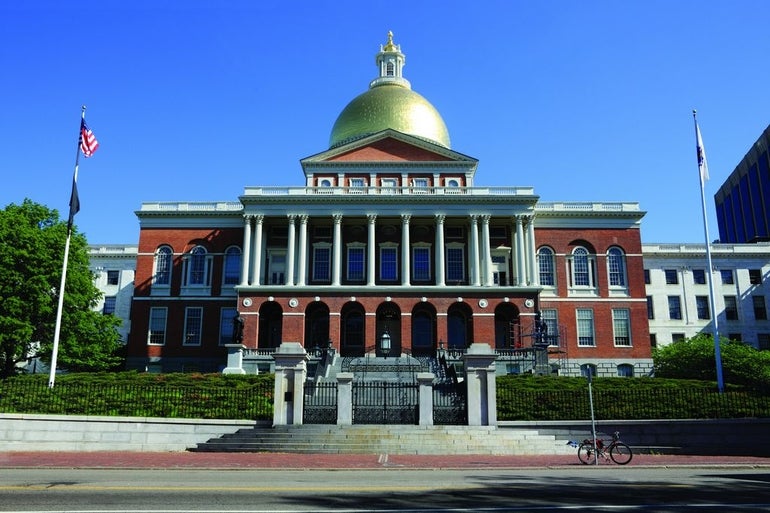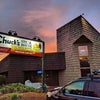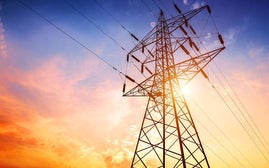Mass. lawmakers in favor of pipeline tax ban
 Flickr/Massachusetts Office of Travel and Tourism
Tax revenues down for the first half of December.
Flickr/Massachusetts Office of Travel and Tourism
Tax revenues down for the first half of December.
About two-thirds of the Legislature has signed onto letters making the case for passage of legislation to impose a permanent prohibition on utility companies making electric ratepayers help finance the construction of gas pipelines and to shake up the way the Department of Public Utilities considers gas pipeline financing.
The 125 lawmakers who signed are asking the Joint Committee on Telecommunications, Utilities and Energy to quickly advance a series of bills codifying a Supreme Judicial Court ruling that declared so-called pipeline taxes illegal and giving lawmakers more say in regulatory decisions.
One letter, signed by more than 100 members of the House, was circulated by Reps. Stephen Kulik and Ken Gordon and Minority Leader Bradley Jones. The second letter was circulated by Sens. Jamie Eldridge and Patricia Jehlen.
"Massachusetts ratepayers should not be forced by electric companies to pay for gas pipeline construction costs through subsidies," the Senate letter says. "In paying a surcharge on their utility bills to build the pipeline, ratepayers are taking away the risk of the electric company's business decision to build the pipeline whether it is profitable or not. This shields the electric companies from risk and subsidizes the corporate bottom line."
The letter writers are hoping the Telecommunications, Utilities and Energy Committee will act quickly on two sets of bills. The first (H 2698/S 1855) would codify the SJC's ruling from August 2016 that utilities cannot ask electric ratepayers to help finance the construction of gas pipelines.
The Department of Public Utilities in October 2015 concluded that it had the authority under existing law to approve long-term contracts by utilities like Eversource and National Grid for the purchase of natural gas capacity that would allow for the cost of pipeline construction to be passed on to ratepayers.
By creating a financing mechanism for expanded pipeline capacity, energy officials appeared to be seeking to improve access to cheap gas and limit the state's exposure to price spikes during periods of high consumption when expensive power on the spot market has to be purchased to meet demand.
Engie Gas & LNG, which ships liquefied natural gas into the Boston area, and the Conservation Law Foundation challenged the new rules in court and the SJC sided with the plaintiffs. The court ruled DPU must regulate electric and gas utilities separately, and found that imposing a tariff on electric ratepayers to subsidize the construction of a new pipeline would contradict the intent of the Legislature in the nearly two-decades-old utility deregulation law.
The second bill of concern to the letter writers (H 3400/S 1847) would "create an overall more rigorous framework than that under which the DPU currently operates when evaluating petitions relating to new gas infrastructure proposals, along with other modifications to DPU practice," according to the House letter. The bill would require DPU to grant full intervenor status to ratepayer municipalities, legislators representing ratepayer communities and groups of 10 or more ratepayers.
"What does not make sense is the degree to which the DPU sidelines and silences ratepayers, communities, and even legislators, so that we don't have a seat at the table when critical decisions are being made that will directly affect our communities," the representatives wrote.
The representatives said several of them sought to intervene in proceedings related to Spectra's Access Northeast project and the Kinder Morgan Northeast Energy Direct project. "DPU denied multiple petitions to intervene, deeming none of us 'substantially and specifically affected' by the proceeding, even when we were joined in a coalition with individual ratepayers and ratepayer municipalities that would be both financially impacted by the contract and physically impacted by the infrastructure," the lawmakers wrote.
Kulik said his work to defeat the Kinder Morgan Northeast Energy Direct pipeline project "made it clear that the permitting and financing procedures for natural gas infrastructure do not align with our clean energy future in Massachusetts, and place unjustifiable environmental and financial risks on citizens and ratepayers."
All four bills got a public hearing before the Joint Committee on Telecommunications, Utilities and Energy on Oct. 26. Both letters suggest that, though the letter writers want swift passage of the legislation, the committee could rework the bills and combine their "essential components" into one single bill.













0 Comments